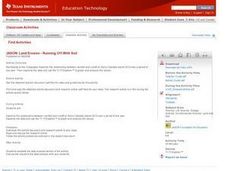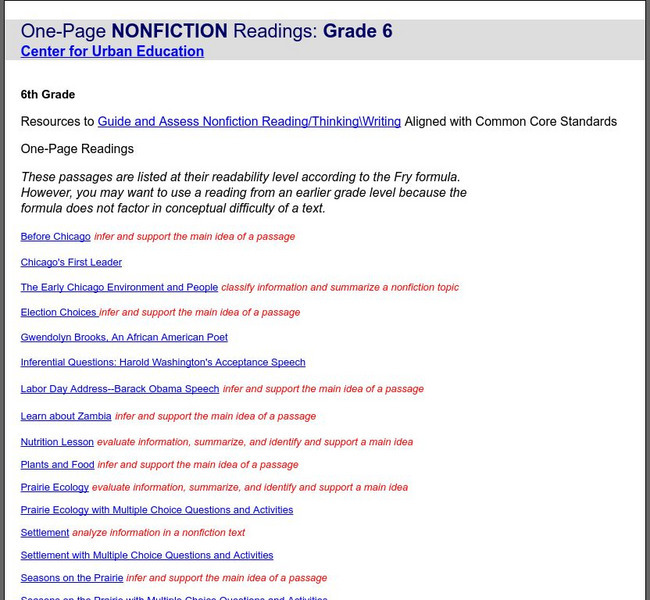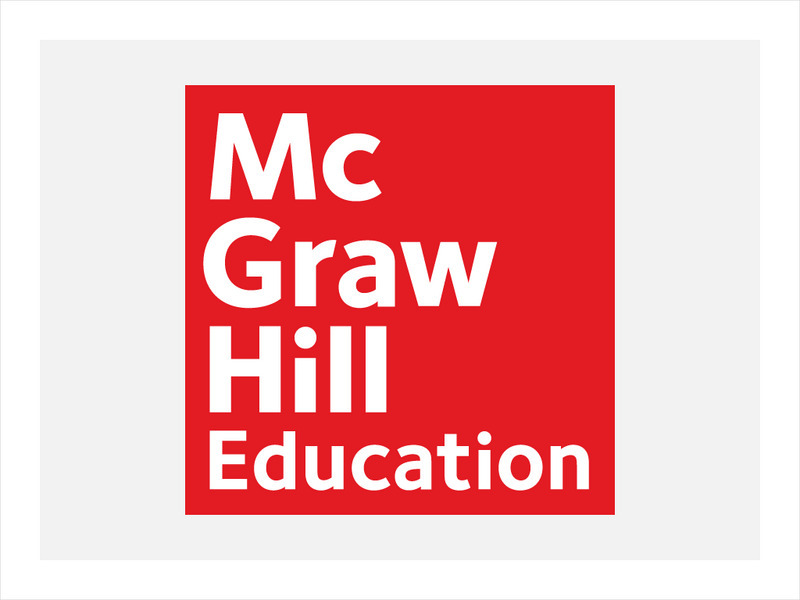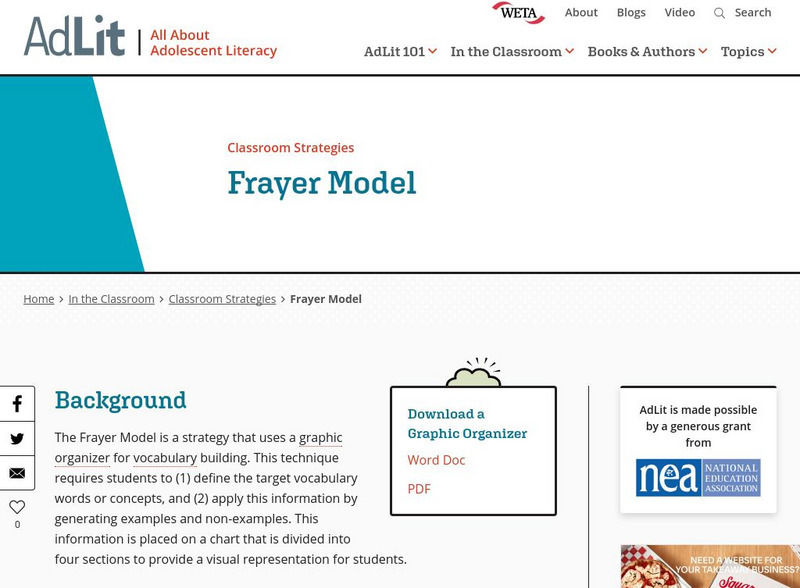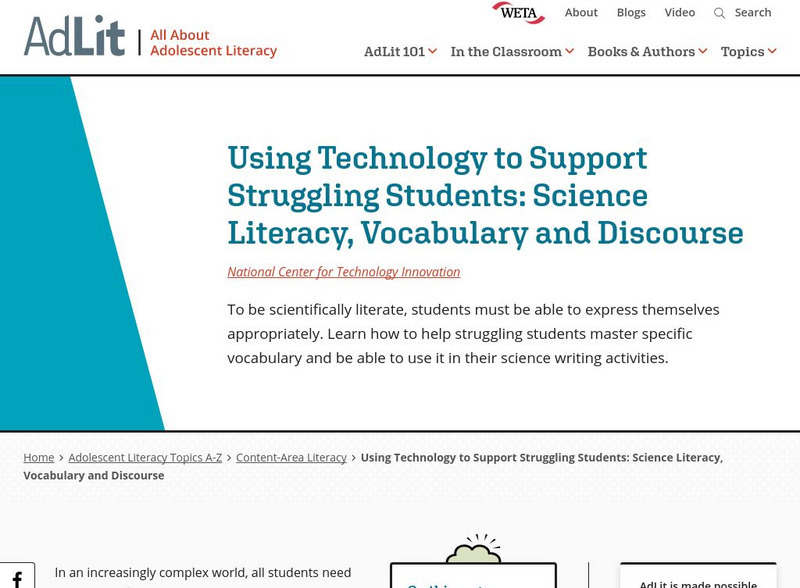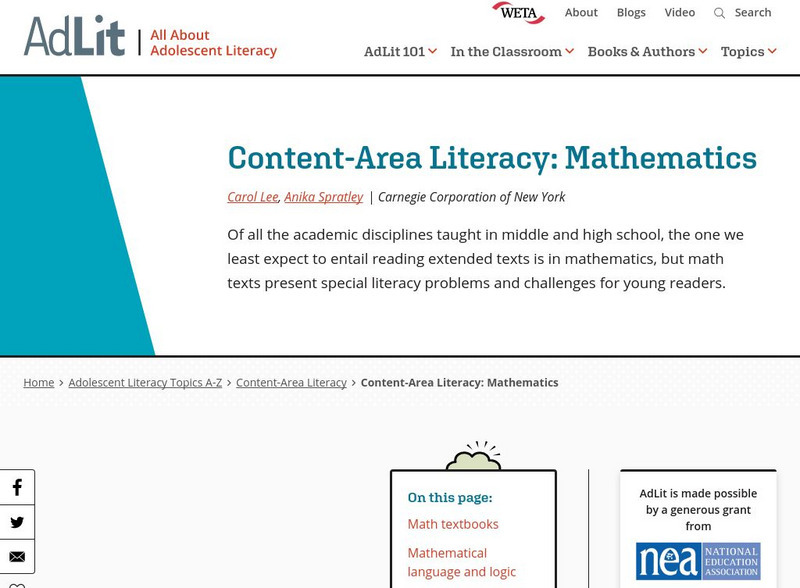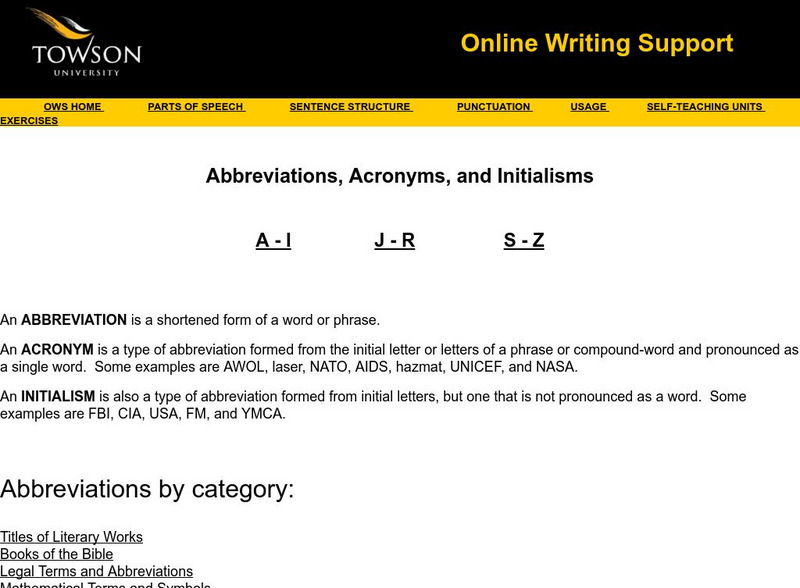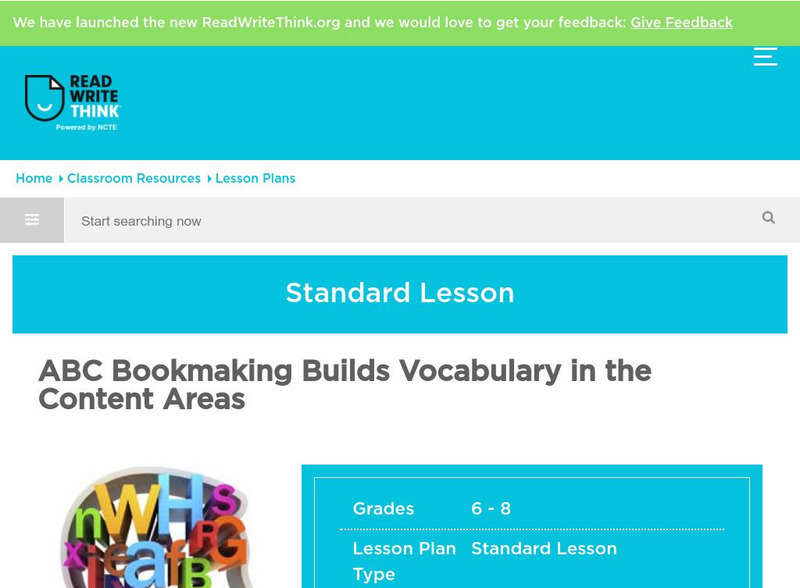Texas Instruments
How Do Pinnipeds Stay Warm?
Learners experiment to determine ways different types of insulation materials work. In this animal adaptation activity, they make hand coverings from plastic bags, shortening, feathers, and wool. They observe effects of these insulating...
Texas Instruments
Land Erosion - Running Off With Soil
Learners evaluate the relationship between rainfall and runoff of a small island for one year. In this rainfall vs. runoff lesson, students analyze the relationship between the rainfall and the runoff on Barro Colorado Island over a...
Curated OER
The Disappearing Kelp Forest
Learners observe the effect "El Nino" left on kelp plants and sea urchins. They analyze the data collected by researchers, by graphing it on a TI calculator. Before graphing and analyzing the data, you may want to revisit the events of...
Other
Webfoot: A Beginner's Guide to Effective E Mail
An article about effective E-mail use. Includes links to an introduction, what makes E-mail different, context, format, and acronyms and jargon.
ReadWriteThink
Read Write Think: Building Word Knowledge Through Informational Websites
A lesson through which learners identify, understand and work with important vocabulary words found in an online article on biodiversity. Based on the "Ten Important Words Plus" strategy that teachers can employ as part of vocabulary and...
Polk Brothers Foundation Center for Urban Education at DePaul University
De Paul University: Center for Urban Education: One Page Nonfiction Readings: Grade 6
This site contains 17 nonfiction articles that are appropriate for students with a 6th grade reading level, as measured by the Fry Formula. Questions for each passage are provided. Graphic organizers are available for these copyrighted...
McGraw Hill
Mc Graw Hill: Vocabulary Acquisition and Use: Use Context Clues
See models of different types of context clues, and practice finding meanings of words in context.
Texas Education Agency
Texas Gateway: Understand New Vocabulary Within Context (English 6 Reading)
You will learn how to use context (e.g., cause and effect or compare and contrast organizational text structures) to determine or clarify the meaning of unfamiliar or multiple-meaning words.
Student Achievement Partners
Achieve the Core: "Words We Live By: Your Annotated Guide to the Constitution"
Lesson plan explores the meaning of the words in the Preamble to the Constitution.
AdLit
Ad lit.org: Classroom Strategies: Frayer Model
The Frayer Model is a strategy that uses a graphic organizer for vocabulary building. This technique requires students to (1) define the target vocabulary words or concepts, and (2) apply this information by generating examples and...
AdLit
Ad lit.org: Classroom Strategies: Mnemonics
A mnemonic is an instructional strategy designed to help students improve their memory of important information. This technique connects new learning to prior knowledge through the use of visual and/or acoustic cues. The basic types of...
AdLit
Ad lit.org: Extended Discussion of Text Meaning and Interpretation
Teachers should provide opportunities for students to engage in high-quality discussions of the meaning and interpretation of texts in various content areas as one important way to improve their reading comprehension.
AdLit
Ad lit.org: Five Areas of Instructional Improvement to Increase Academic Literacy
How can content-area, non-reading-specialist teachers contribute to academic literacy? They can incorporate these five techniques throughout their lessons: (1) provide explicit instruction and supported practice in effective...
AdLit
Ad lit.org: Using Technology to Support Struggling Students: Vocabulary
To be scientifically literate, students must be able to express themselves appropriately. Learn how to help struggling students master specific vocabulary and be able to use it in their science writing activities.
AdLit
Ad lit.org: Content Area Literacy: Mathematics
Of all the academic disciplines taught in middle and high school, the one we least expect to entail reading extended texts is in mathematics, but math texts present special literacy problems and challenges for young readers.
AdLit
Ad lit.org: Content Area Literacy: Science
The demands of comprehending scientific text are discipline specific and are best learned by supporting students in learning how to read a wide range of scientific genres. Besides text structures emphasizing cause and effect, sequencing...
Towson University
Towson University: Ows: Abbreviations, Acronyms, and Initialisms
This page focuses on Abbreviations, Acronyms, and Initialisms including definitions for each. It also provides links to lists of abbreviations, etc. by category including Titles of Literary Works, Books of the Bible, Legal Terms and...
University of Washington
Mary Nell's Summary on Agreement
Excellent summaries in table form of agreement issues, particularly those involving subjects and verbs.
Writing Fix
Writing Fix: Writing Scientific "Recipes"
Adapted from a instructional activity in the book 51 Wacky We-Search Reports by Barry Lane, this instructional activity asks students to read several recipes to gain an understanding of how they are written and the types of words they...
Cambridge Rindge & Latin School
Cambridge Rindge & Latin School: Listing Key Words
This tip sheet offers questions and examples of how to develop key words to use in your research.
InterLink Language Centers
Interlink Language Centers: Reading Exercises Science
An interactive exercise for students to use while developing an understanding of how to read scientific informational texts. The text is presented one paragraph at a time and difficult vocabulary words are defined as footnotes. Then...
ReadWriteThink
Read Write Think: Abc Bookmaking Builds Vocabulary in the Content Areas
Six 50-minute lessons build vocabulary through the content areas by making an ABC book. It can become a classroom resource. Links include a non-fiction book list, checklist, word list, rubric, and a storyboard chart. There is also a link...
Vocabulary University
My vocabulary.com: List of Themes for Science & Math
This is a list of interactive vocabulary activities for science and math.
Vocabulary University
My vocabulary.com: List of Themes for Social Studies & History
This is a list of interactive vocabulary activities for social studies and history.



